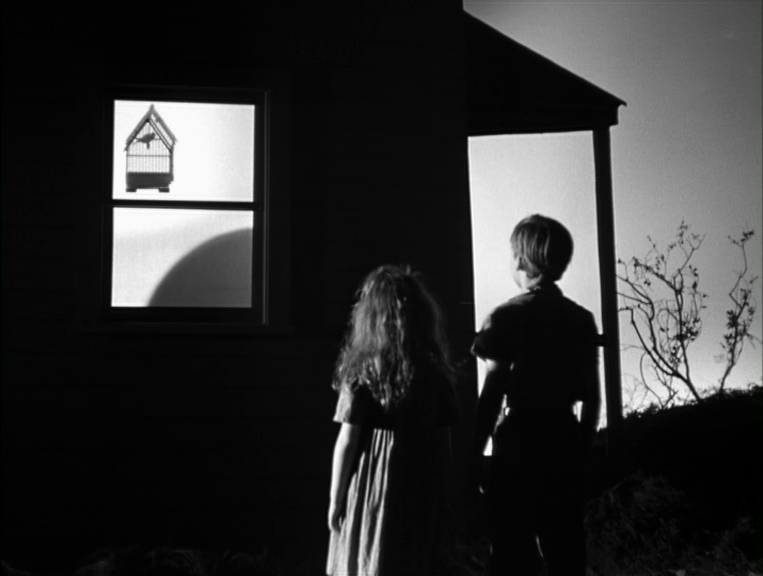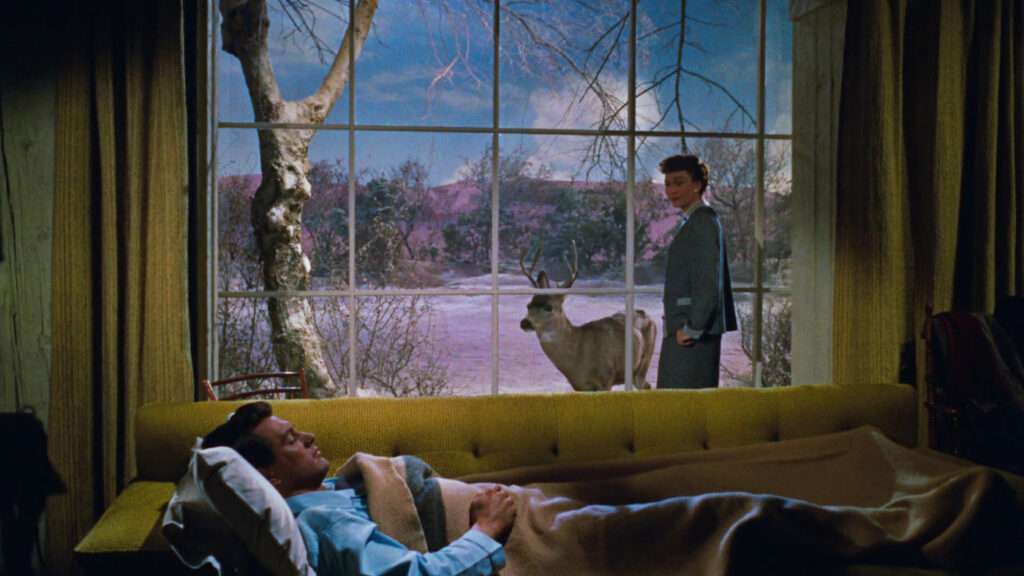Literary works often draw inspiration from various sources, including films that have left a profound impact on their creators. In the case of Dennis Lehane’s acclaimed novel “Shutter Island,” there are compelling reasons to believe that he drew inspiration from the influential German Expressionist film “Das Kabinet Des Dr. Caligari” (The Cabinet of Dr. Caligari) released in 1920. This article aims to explore the connections between these two works, highlighting thematic similarities, visual motifs, and narrative elements that suggest a strong influence of “Das Kabinet Des Dr. Caligari” on “Shutter Island.”
Brief Overview of “Shutter Island” and “Das Kabinet Des Dr. Caligari”
“Shutter Island” is a psychological thriller novel published in 2003 by Dennis Lehane. It tells the story of two U.S. Marshals investigating the disappearance of a patient from a mental institution on an isolated island. “Das Kabinet Des Dr. Caligari,” directed by Robert Wiene in 1920, is a silent horror film that revolves around a hypnotist, Dr. Caligari, who uses a somnambulist to commit murders. Both works explore themes of sanity, reality, and the blurred lines between perception and illusion.
Common Themes and Motifs
One of the striking similarities between “Shutter Island” and “Das Kabinet Des Dr. Caligari” lies in their exploration of psychological themes. Both works delve into the nature of madness, the fragility of the human mind, and the boundaries between reality and delusion. Lehane, like Wiene, uses these themes to create an atmosphere of psychological unease and suspense, keeping the readers (or viewers) on the edge of their seats.
Additionally, both works employ visual motifs that contribute to the overall psychological impact of the narratives. “Das Kabinet Des Dr. Caligari” is renowned for its distorted, expressionistic set designs, characterized by angular and distorted shapes, tilted buildings, and exaggerated shadows. These visual elements mirror the disorienting and hallucinatory atmosphere of “Shutter Island,” where Lehane employs vivid descriptions of the decaying mental institution and its labyrinthine corridors, evoking a sense of confinement and claustrophobia.
Narrative Structure and Unreliable Narrators
Another aspect linking “Shutter Island” and “Das Kabinet Des Dr. Caligari” is their use of narrative structure and unreliable narrators. In both works, the audience is presented with a central protagonist whose perception of reality is called into question. In “Shutter Island,” the protagonist, Teddy Daniels, experiences hallucinations and struggles with his own sanity, blurring the line between what is real and what is imagined. Similarly, “Das Kabinet Des Dr. Caligari” features an unreliable narrator who presents a distorted version of events, keeping the audience guessing and questioning the truthfulness of the story.
The Influence of German Expressionism
It is important to note that “Das Kabinet Des Dr. Caligari” is a seminal work of German Expressionism, a cinematic movement that emerged in the early 20th century. German Expressionist films aimed to depict subjective emotions and psychological states through exaggerated visuals and stylized storytelling. This movement had a significant impact on the development of film noir and psychological thrillers. Given the influence and legacy of German Expressionism, it is plausible that Lehane, as a skilled writer, drew inspiration from this influential period of cinema.

Lehane’s Acknowledgment of Film’s Influence
While there is no direct confirmation from Dennis Lehane regarding the influence of “Das Kabinet Des Dr. Caligari” on “Shutter Island,” the author has shown a keen interest in cinema and its influence on his work. In interviews, Lehane has expressed admiration for classic films and acknowledged their impact on his storytelling. This openness to the cinematic medium further strengthens the case for the influence of “Das Kabinet Des Dr. Caligari” on “Shutter Island.”
Conclusion
While definitive evidence may be elusive, the thematic similarities, visual motifs, and narrative elements shared between “Shutter Island” and “Das Kabinet Des Dr. Caligari” suggest a strong case for the influence of the German Expressionist film on Dennis Lehane’s novel. The exploration of psychological themes, the use of visual motifs, the employment of unreliable narrators, and Lehane’s acknowledgment of cinema’s influence collectively support the argument that “Das Kabinet Des Dr. Caligari” served as an inspiration for “Shutter Island.” By drawing from a classic film that explores similar themes, Lehane crafted a gripping and psychologically intense story that has captivated readers and further solidified his standing as a master of the psychological thriller genre.




